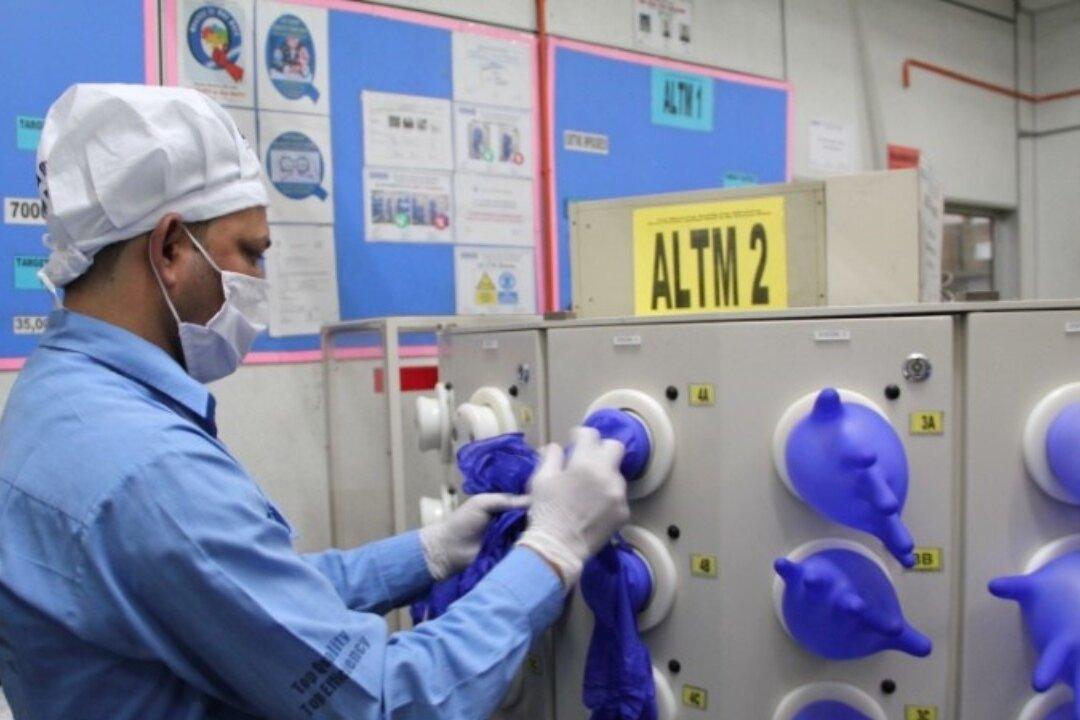KUALA LUMPUR—U.S. Customs placed a detention order on imports of products made by subsidiaries of the world’s largest medical glove maker, Malaysia’s Top Glove Corp Bhd, an action taken against firms suspected of using forced labour.
The bar on Top Glove products comes at a time when demand for medical gloves and protective gear has skyrocketed due to the coronavirus pandemic, which has hit the United States harder than any other country.





